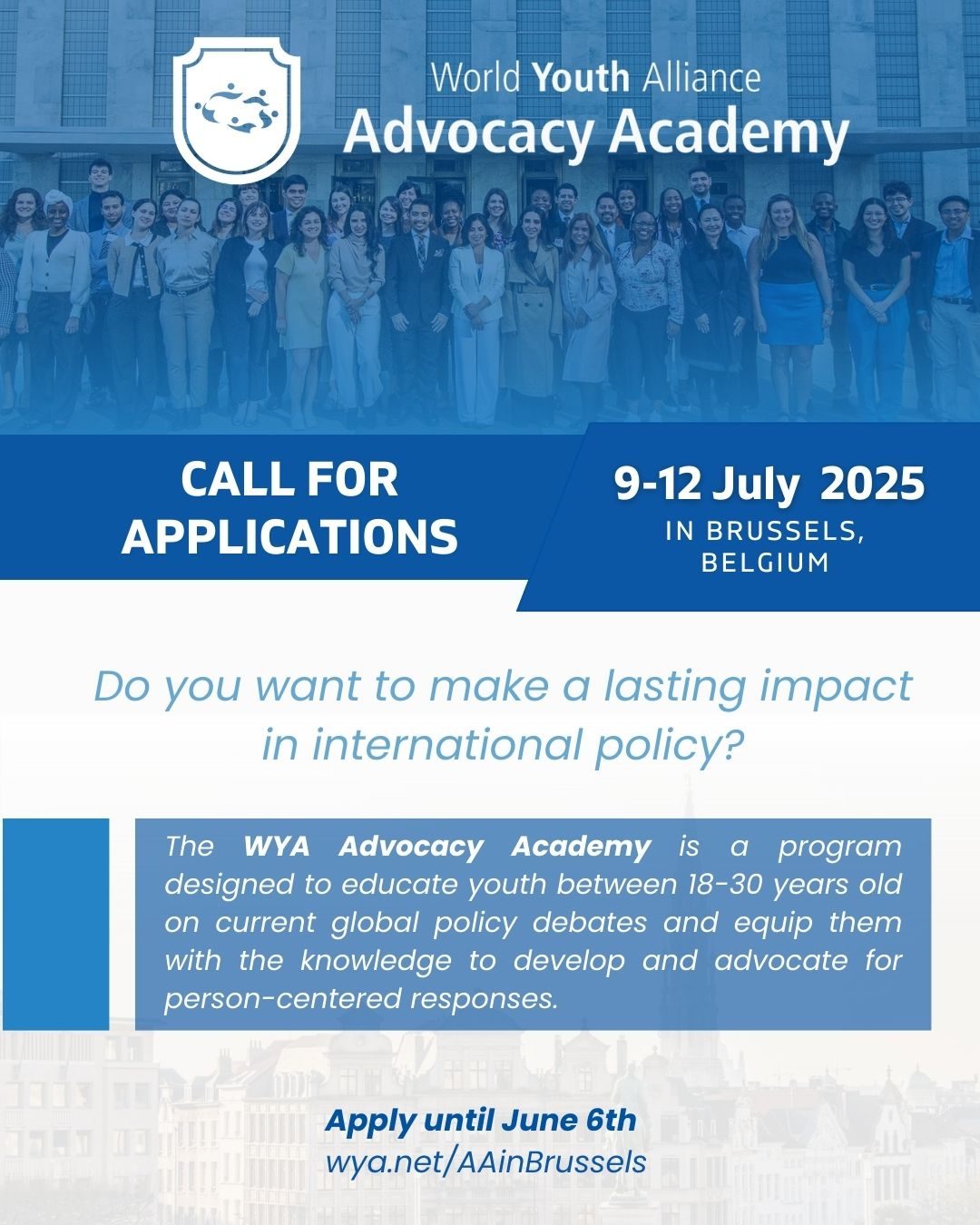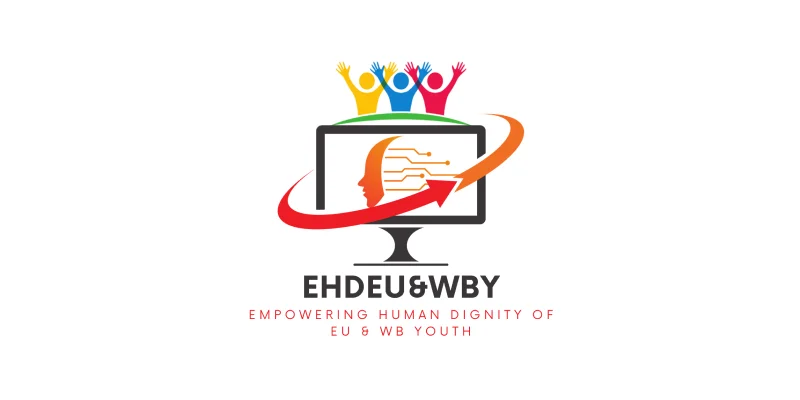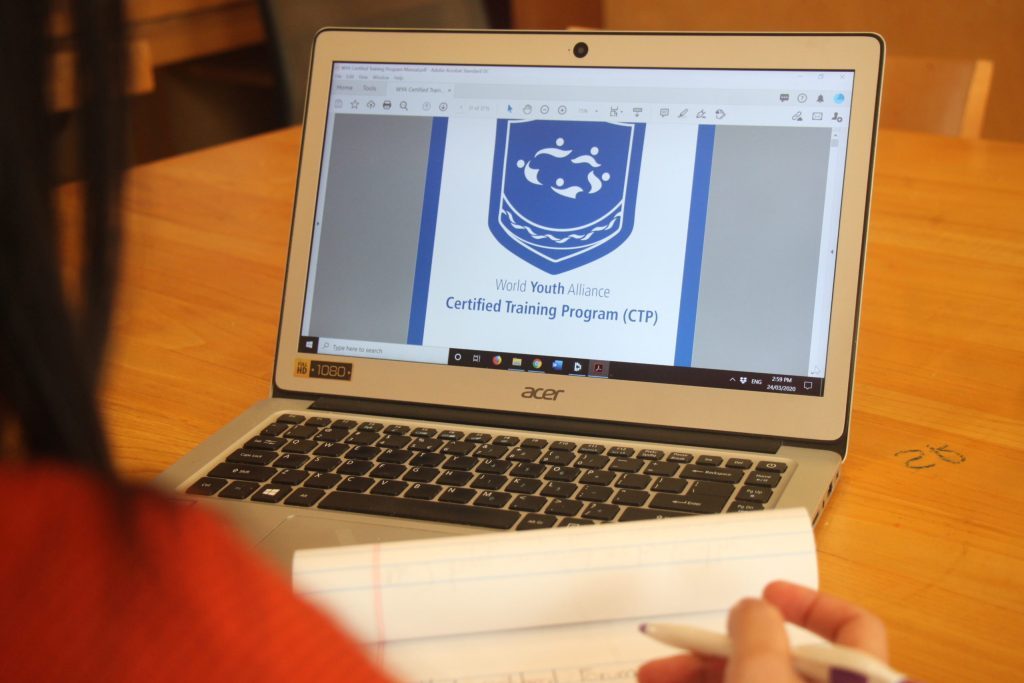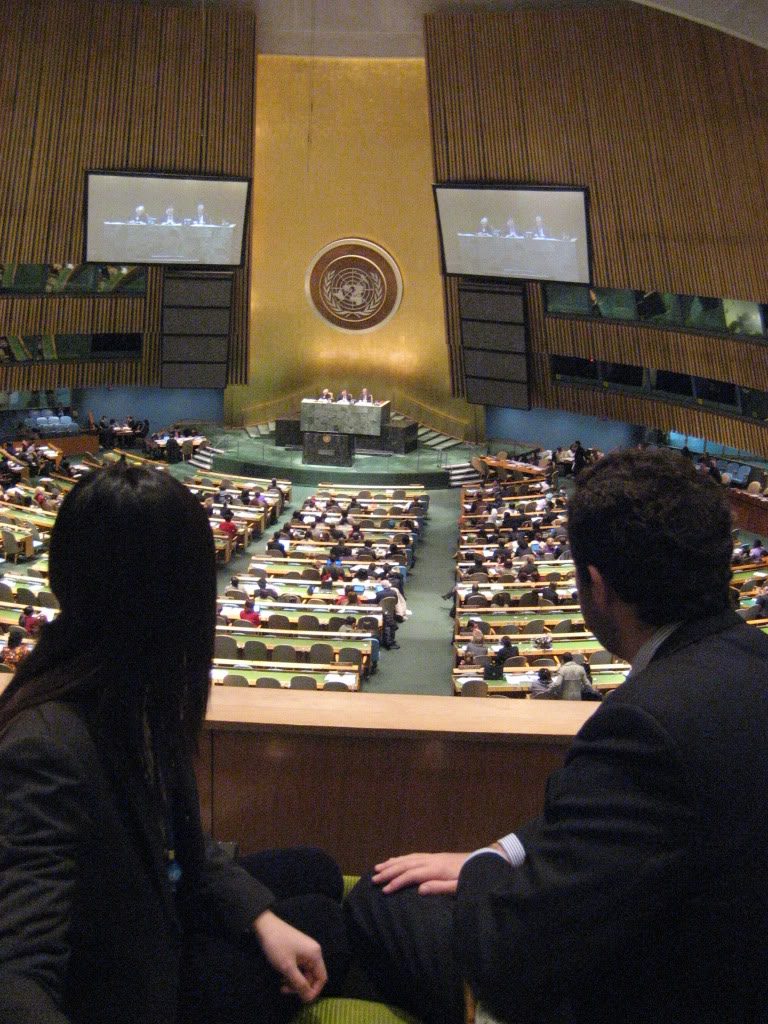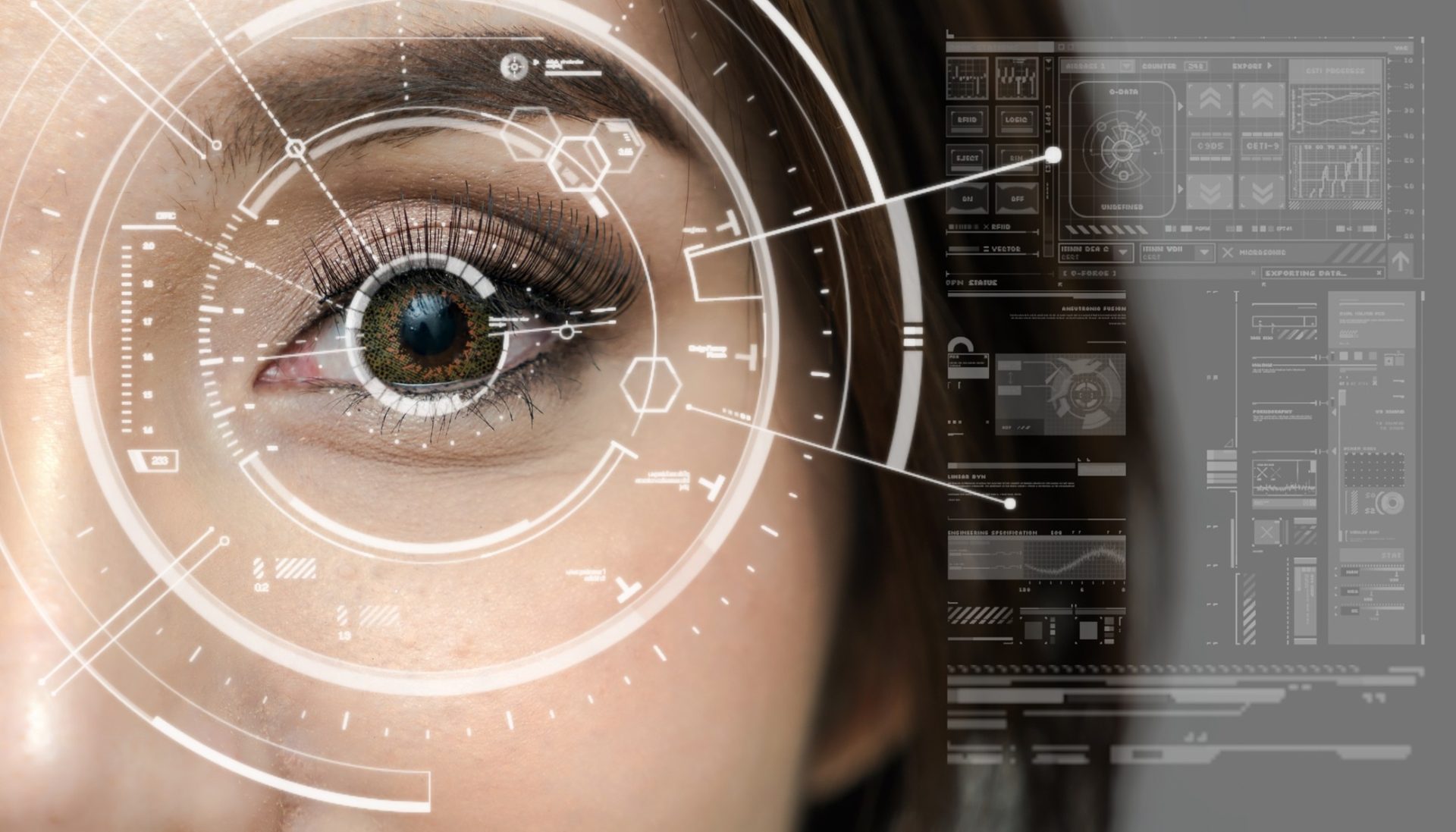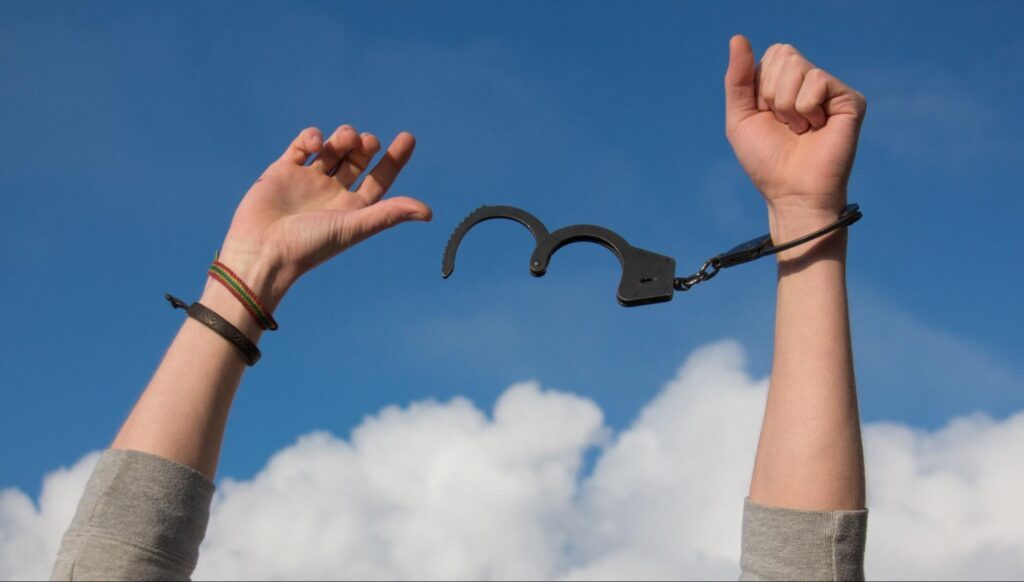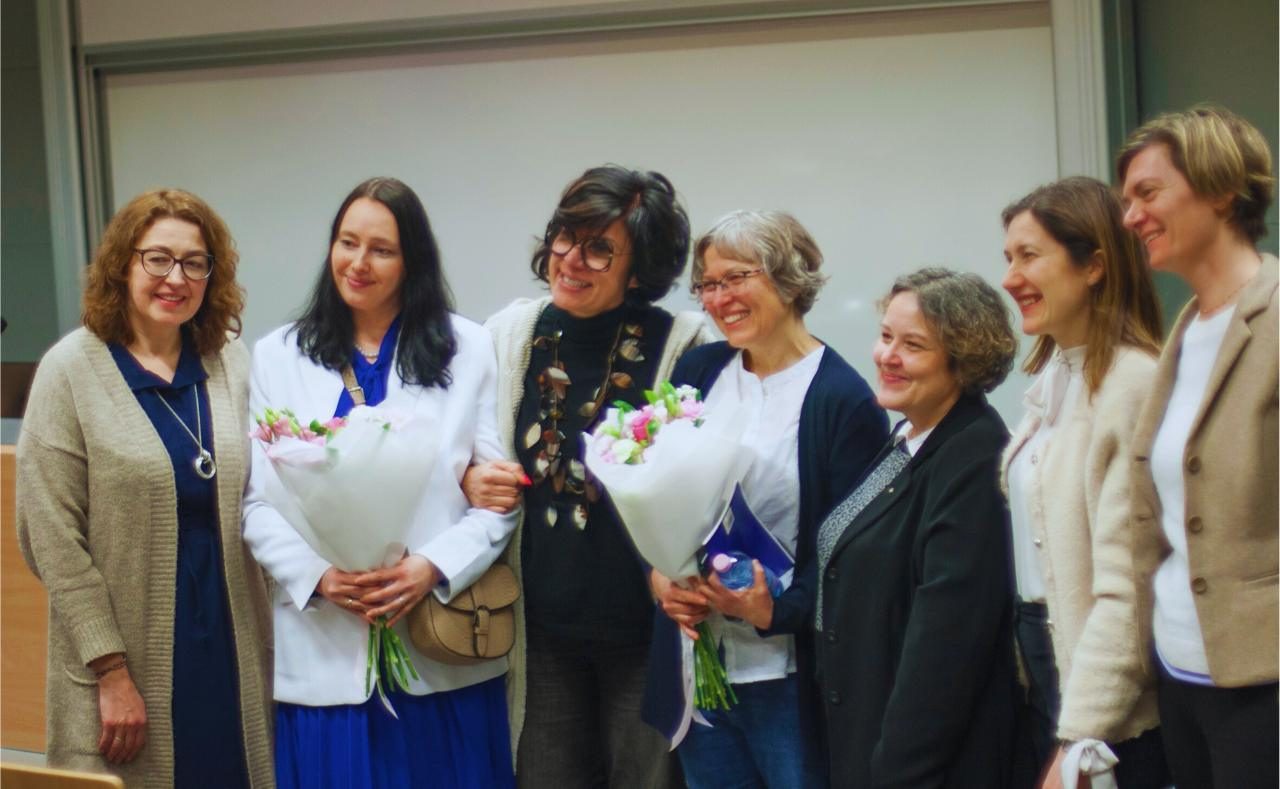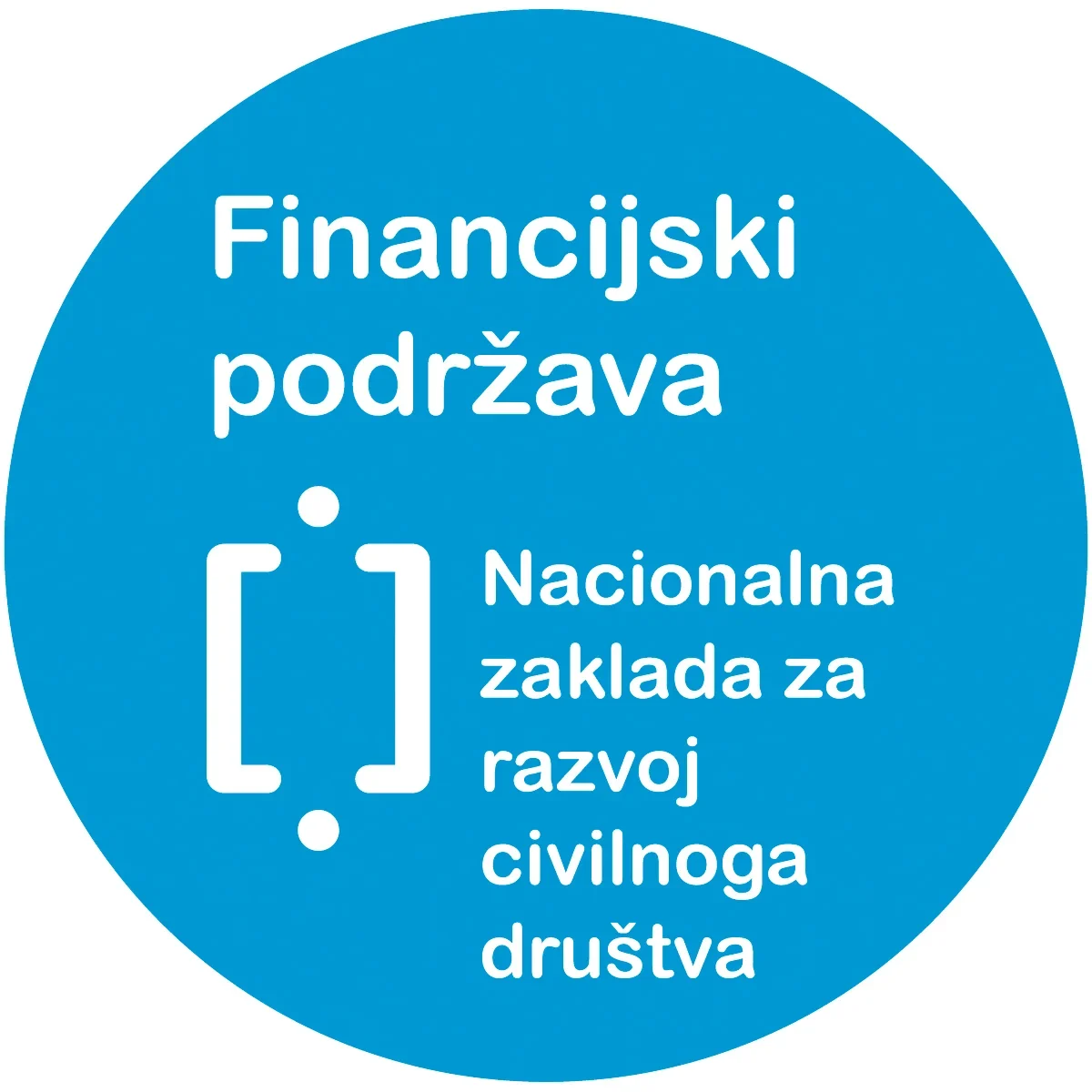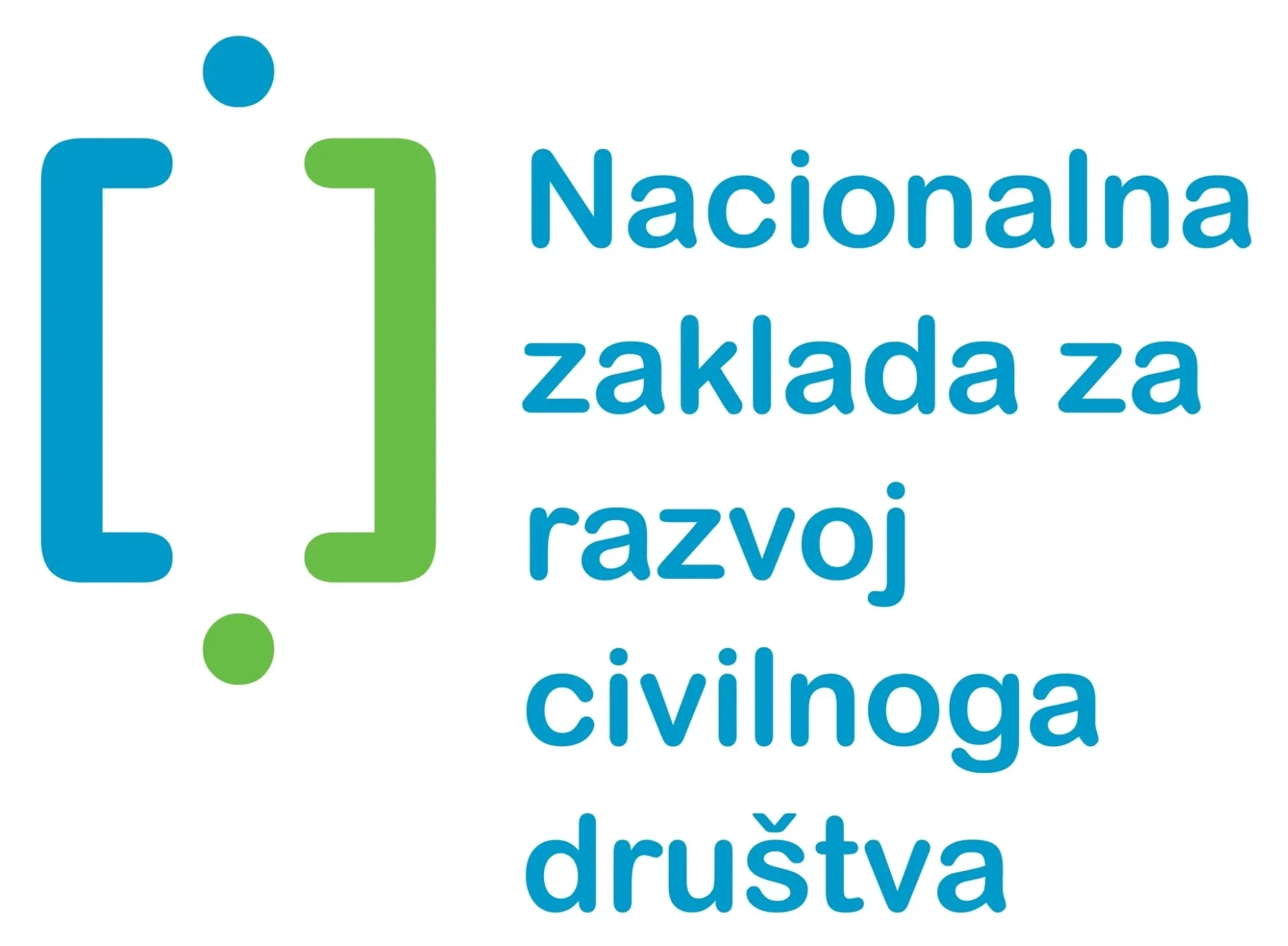Empowering Human Dignity of EU & WB Youth
Datum objave: 22. February 2025.Project information
Poziv: Erasmus+ KA1 Virtual exchanges, ERASMUS-EDU-2022-VIRT-EXCH-IPA Broj projekta: 101103498 Iznos financiranja: 105.000 € Trajanje: 36 mjeseci, 01. srpnja 2023. - 30. lipnja 2026.
Seven organizations from Belgium, Spain, Croatia, Bosnia and Herzegovina, Kosovo, and Albania have come together for the "Empowering Human Dignity of EU & WB Youth" project. The project aims to promote an understanding of human dignity and human rights, foster intercultural dialogue, and develop soft skills in youth leadership—knowing that all of these can help young people become active creators of their own futures and those of their peers.
The project’s goal is to provide over 500 young people (ages 18–30) from Europe and the Western Balkans with the opportunity to understand human dignity, initiate a dialogue about EU culture and values, and develop soft skills in youth leadership. This will be achieved through the implementation of 6 sets of 5 activities:
1. Academy for Young Leaders and Youth Workers – Online workshops on developing soft skills in youth leadership.
2. Sesije Certified Training Programa – Online diskusijske grupe na teme ljudskog dostojanstva i vrijednosti EU-a
3. Hybrid Projects – Online participation of young people from 6 countries in already existing partner projects.
4. Critical Thinking and Media Literacy Sessions – Online training for young people.
5. Intercultural Dialogues – Online cultural events for young people.
Through the project, critical thinking and media literacy among young people will be strengthened—especially regarding the use of the internet and social media—to combat discrimination, indoctrination, polarization, and violent radicalization.
The project will also encourage the development of digital skills among youth, including practicing foreign languages and teamwork, with the goal of increasing employability. Citizenship and the common EU values of freedom, tolerance, and non-discrimination will be promoted through education—particularly via online discussion groups on human dignity and EU values—and the role of young people in the EU’s relations with third countries will be strengthened through the partnership of 7 organizations from 6 countries.
Overall, the project will provide high-quality international and intercultural education for over 500 young people through online activities led by facilitators, using informal working methods to maximize the impact on youth. Special attention will be paid to including socially and economically vulnerable young people and those unable to apply for physical mobility, with an expectation that at least half of the participants (250 individuals) will come from underprivileged backgrounds.


